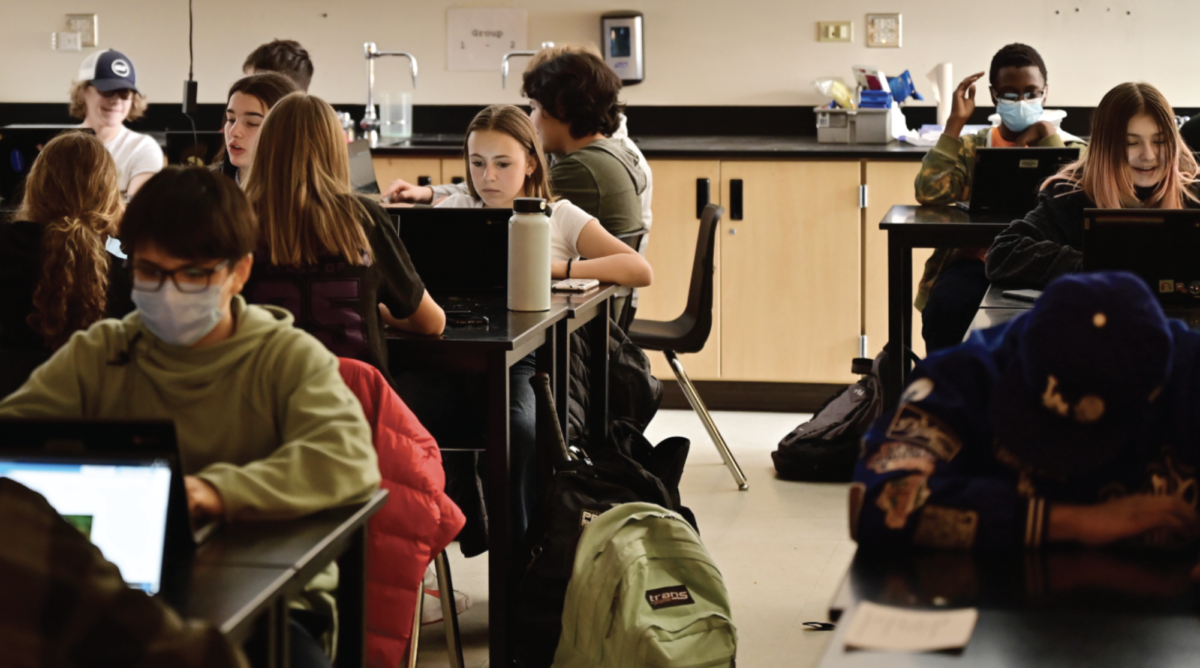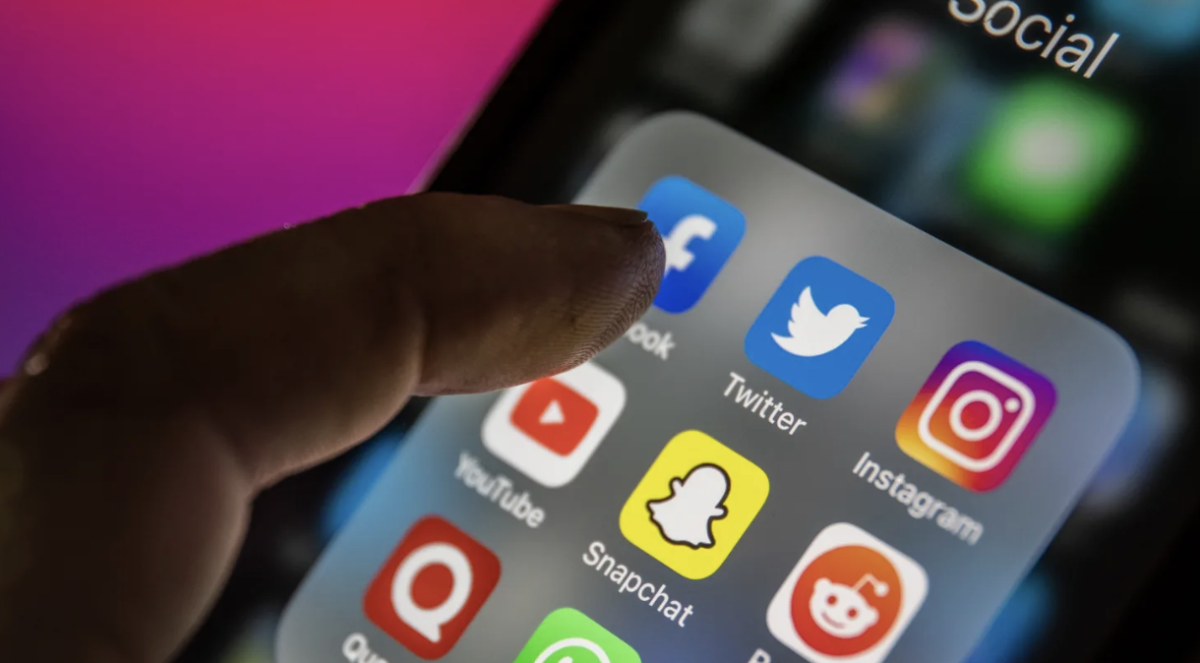In December 2019, COVID sent the world into both chaos and lockdown. Now, the world seems to have made good progress toward recovery, but the Omicron variant continues to plague the US and other countries with strains such as EG.5, currently the most prevalent COVID strain in the world. First detected in July, initially in Denmark and now in the US, a newly discovered variant, BA.2.86, nicknamed “Pirola,” might threaten to send everything back into chaos.
According to Yale Medicine, health officials are concerned about a future with BA.2.86 due to the over thirty mutations in its spike protein, the part of the virus responsible for initial entry into target cells, compared to Omicron variant XBB.1.5, the dominant COVID strain in February 2023. Pirola’s thirty mutations compared to EG.5’s two mutations relative to XBB.1.5 means that BA.2.86 could be extremely contagious and evade immunity from vaccination, just as Omicron had toward the end of 2021. According to the New York Times, research has indicated that the new BA.2.86 strain can easily escape antibodies in vaccinations and from past COVID infections of other strains due to its novel shape.
“When you think about it, something smaller than what your eye can see could possibly take someone’s life,” said senior Daniel Qiu. “It’s really, really scary to think about.”
However, studies have shown that current COVID vaccines still provide some degree of resistance against the new strain.
Furthermore, independent Pirola cases have been reported in several countries across the world in four continents, suggesting that the strain is more widespread than initially imagined.
The CDC’s preliminary investigations have found no evidence that BA.2.86 causes more severe symptoms compared to past strains, comforting some students.
“I actually got COVID once, and it wasn’t fun,” said Qiu. “I had a little cough, a runny nose, and I was tired all the time, but it wasn’t too bad.”
“Although I’ve seen people around me get COVID, it doesn’t seem that bad for most people,” said junior Ricky Wang. “I have seen some people start to wear masks again, but I think the new strain shouldn’t cause too many changes to our lives.”
BA.2.86 is still the same virus at its core. It transmits in the same ways that previous COVID strains transmit.
“COVID transmits in three ways: there’s indirect transmission, direct transmission, and airborne transmission,” said virologist Yanjie Sun. “Indirect transmission is when an infected person touches an object like a doorknob, and another individual touches that same doorknob and is then infected, by, for example, rubbing their eyes.”
Because indirect transmission relies on the virus living on an intermediate object for some period of time, disinfecting commonly touched surfaces such as doorknobs and keyboards is an effective way to prevent this type of COVID transmission.
“Direct transmission happens when an infected individual who, for example, coughed into their hand, touches a healthy individual, and the healthy individual becomes infected,” said Sun. “Washing your hands frequently can prevent direct transmission.”
According to the CDC, the most prominent COVID transmission method is airborne transmission, in which droplets containing the virus are inhaled by a healthy individual, infecting that person.
“One of the best ways to avoid spreading COVID is to wear masks,” said Sun. “Not only do they limit the spread of COVID-containing droplets, limiting airborne transmission, they also cover up a large portion of your face and act as a physical reminder to not touch your face, reducing direct and indirect transmission.”
“If a surge in the new strain were to arise, I think Westminster would go back to having hand sanitizer everywhere and socially distanced desks,” says Qiu. “But I don’t see Westmisnter going virtual again.”
“I don’t think school will go virtual again now that a large portion of the population is vaccinated,” said senior Kai Zhou, who spent his freshman year taking classes virtually via Zoom.
“Because I was on Zoom [my] whole freshman year, it was really hard to stay engaged, so coming back to school was a big blessing for me.”
Despite his past rough experience on Zoom, Zhou sees a silver lining in the unfortunate hypothetical situation of a new surge causing virtual school again.
“Westminster might reinstate mental health days,” said Zhou, referring to the extra days off that Westminster gave students during the height of the pandemic. “Mental health days are good.”
Much uncertainty lies around Pirola and what it threatens the world with, but what is known is that it still is COVID at its core, so procedures like masking, hand washing, and social distancing certainly help prevent its spread.
Edited by Ayan Chaganthi




